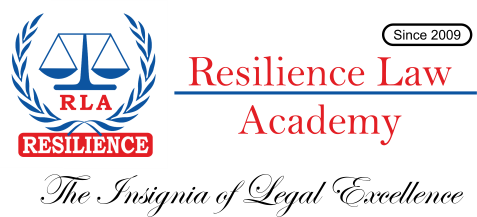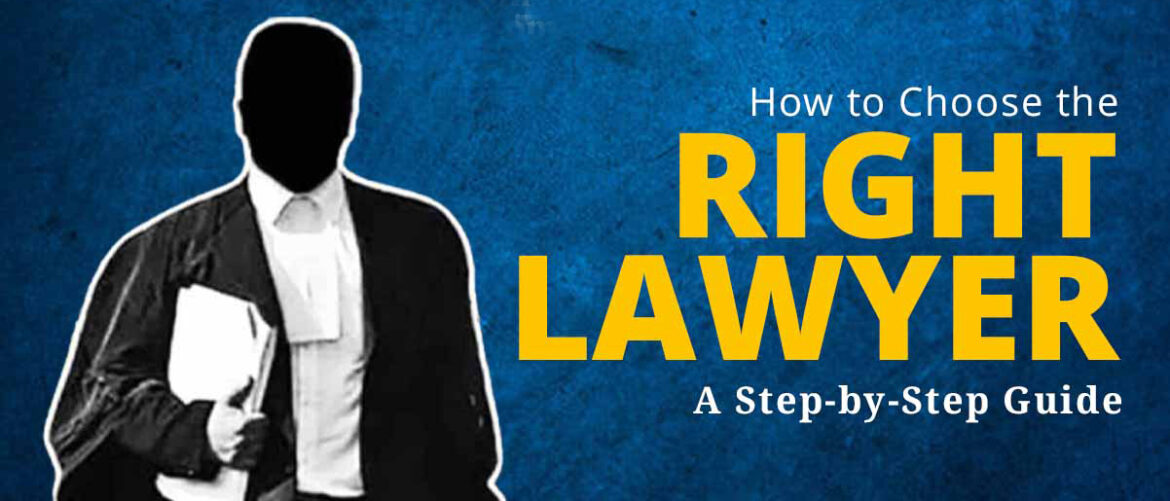Before Starting Your Search
- Define your needs: Identify the type of lawyer you need (e.g., family law, personal injury, criminal defense).
- Gather information: Write down the details of your case, including dates, events, and relevant documents.
Research and Shortlisting
- Ask for referrals: Ask friends, family, or colleagues for recommendations.
- Online directories: Utilize online directories like Avvo, Martindale-Hubbell, or FindLaw.
- Bar association websites: Visit your local bar association website for a list of qualified lawyers.
- Check social media: Research lawyers on social media platforms to gauge their expertise and reputation.
- Read reviews: Look for reviews on websites like Google, Yelp, or Facebook.
Evaluating Potential Lawyers
- Check credentials: Verify the lawyer’s education, licensure, and certifications.
- Experience: Ensure the lawyer has experience handling cases similar to yours.
- Communication style: Assess the lawyer’s communication style and ensure it aligns with your needs.
- Fees and billing: Understand the lawyer’s fee structure and billing practices.
- Availability: Ensure the lawyer has time to devote to your case.
Meeting with Potential Lawyers
- Schedule a consultation: Meet with the lawyer to discuss your case and assess compatibility.
- Ask questions: Prepare a list of questions to ask the lawyer, such as:
- What experience do you have with cases like mine?
- How will you communicate with me throughout the process?
- What are the potential outcomes of my case?
- Assess the lawyer’s expertise: Pay attention to the lawyer’s knowledge and confidence in handling your case.
Making Your Decision
- Trust your instincts: Choose a lawyer with whom you feel comfortable and confident.
- Evaluate the lawyer’s responsiveness: Assess how promptly the lawyer responds to your inquiries.
- Consider the lawyer’s reputation: Research the lawyer’s reputation online and ask for references.
- Review and sign a retainer agreement: Ensure you understand the terms of the agreement before signing.

